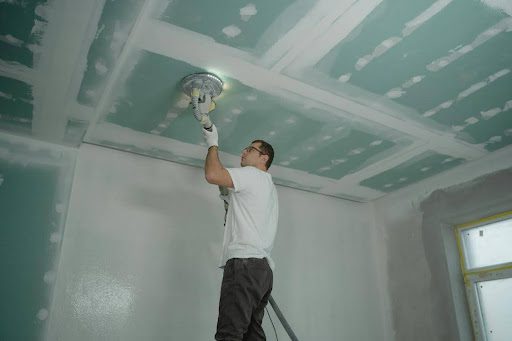The United States boasts a highly reliable water supply system, with stringent regulations in place to safeguard the health and well-being of more than 90% of its citizens who rely on public water systems. Nevertheless, even with these commendable standards, instances of water contamination can still arise, emphasizing the importance of caution and prevention. Hence, water quality tests come into the picture. What are they and does your home need one? Let’s find out!
What is a Water Quality Test?
In simple words, we can understand a water quality test as an analysis undertaken to check if your drinking water meets the regulatory mandates and adheres to the safety procedures needed for pollutant-free water. It is a broad concept that encompasses multiple steps and processes to investigate and evaluate the quality of water. Water quality testing is a voluntary service accessible to all stakeholders in the water industry. The advantages of conducting water quality assessments hold significance for a broad spectrum, encompassing governmental bodies striving to regulate water standards, as well as individual homeowners seeking assurance regarding the safety of their drinking water.
What Does a Water Quality Test Highlight?
Conducting a water quality test is crucial to evaluate the safety of the water within your household. Even though tap water may appear clear, it may not be safe for consumption. A water quality test examines its safety by checking for the following elements –
- Microbial Life: Encompassing bacteria, viruses, protozoa, and beyond.
- Physical Characteristics: Including water temperature, color, aroma, flavor, and turbidity.
- Chemical Aspects – Minerals, metals, and chemicals present in the water
Safe drinking water is free of pathogens, low in concentration of toxic chemicals, has a clear appearance, and is tasteless and colorless.
Does Your Home Need Water Quality Testing?
Although the United States has among the safest standards in tap water quality, contamination can still occur. There are many possible sources of contamination, which include –
- Sewage releases
- Arsenic, uranium, and other naturally occurring compounds and minerals
- Manufacturing process
- Livestock farming, fertilizer use, and other forms of traditional land management
- Failure of on-site sewage treatment facilities
The distribution infrastructure for drinking water also increases the danger of contamination if it is not adequately treated or maintained.
Thus, precaution is better than cure, and it’s best to opt for water quality testing for your home. Besides, filtration solutions from companies like Aqua Pro Water Systems can also help assure the safety and purity of your drinking water. Thus, both you and your loved ones stay safe and healthy.
By regularly opting for water quality testing, you can ensure the economic, social, and physical well-being of your family and yourself. Timely monitoring of the tap water you drink is essential to eliminate the potential health risks associated with water contamination.
In a Nutshell
So, there we have it, an overview of water quality testing, and why your home needs one. In today’s day and age, health is wealth and being mindful of the water you drink is the first step in the right direction.



